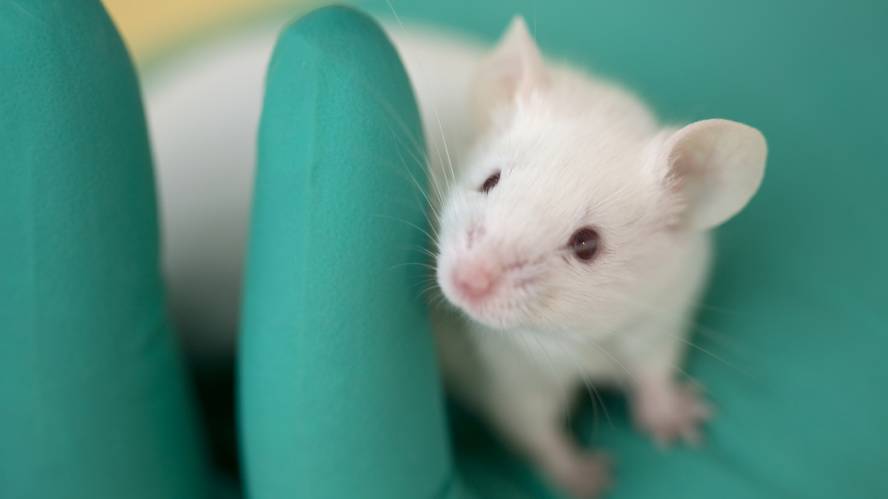A blood protein is identified that causes memory loss in aging

A protein that increases in blood with age causes memory loss. This is what researchers at the University of California have concluded, given the results of their studies with mice and people.
Other previous research has allowed to know that the blood of young mice had, in part, the ability to rejuvenate old mice, and vice versa: the old mouse, the young aged. These conclusions were especially evident in memory and learning capacity.
Now, California researchers have identified one of the causes of these consequences: beta protein 2 microglobulin (B2M). It is a protein of the immune system that has the function of separating the cells themselves from pathogens. But they have also seen that injecting B2M into young mice lose memory. The effect, however, is reversible, since when the protein is removed, memory is recovered and new neurons are created in the brain.
Researchers have taken another step: They have created transgenic mice without B2M production capacity. And they have shown, once aged, that they do not lose the ability to remember or learn.
Therefore, they have concluded that B2M protein is key in memory loss associated with aging and, perhaps, its obstruction allows to prevent or treat memory loss in humans. The study has been published in the journal Nature Medicine.






